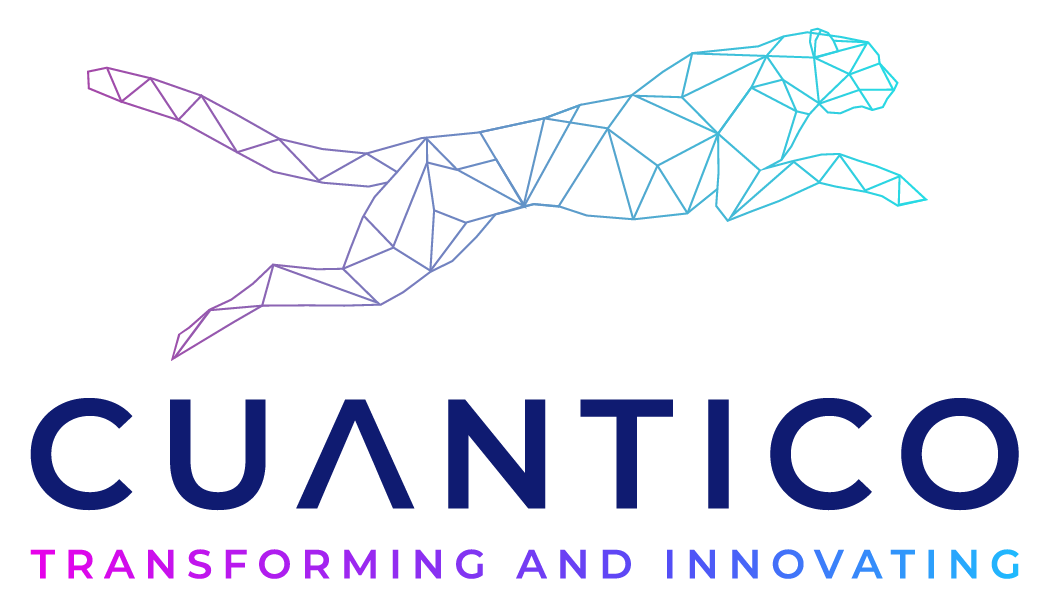Technological advances in artificial intelligence (AI), robotics, and the IoT (Internet of Things) are improving medical treatments and diagnostics while focusing on accelerating patient recovery and reducing costs by healthcare system. AI will facilitate healthcare in remote areas and help doctors reduce the administrative burden by providing greater coverage and accessibility to patients, among other things.
These advances will not be exempt from regulatory challenges, bias prevention and personal data protection, therefore, the future of medicine will require rigorous integration between AI and patients.
How has Artificial Intelligence impacted the field of health?
The first mentions of medical applications in the field of computer science date back to the mid-twentieth century. It was in the 1960s that significant advances in this field emerged. Between the years 1964 and 1966, the Massachusetts Technical Institute (MIT) designed an application called ELIZA, which used computational logic to diagnose certain types of diseases.
As more applications and technologies related to computing and medicine were developed, terms such as:
- Medical informatics: it is the discipline that applies information sciences to the context of medicine. Its main objective is to optimize the acquisition, storage, retrieval and use of health information.
- Electronic and automatic processing of medical data: the analysis of data from the digital medical record has as its main objective to improve the patient’s medical care and, therefore, health management.
- Medical Information Processing: Assists in the collection and entry of medical data into the missionary database, recording all relevant clinical and demographic data about patients and ensuring data quality/reliability.
- Medical and medicine software engineering: technological tools that focus on improving, assisting and supporting the daily activities of the management of a health center, in any specialty, automating administrative processes.
These terms reflect the growing intersection between computing and medicine, which has led to the creation of increasingly sophisticated tools and systems to improve the diagnosis, treatment, and management of medical information. Over the years, medical informatics has become a crucial field of study and development that has transformed healthcare practice and delivery.
In current medical procedures, the intervention of computer systems that allow data processing is of great help, either due to their precision and complexity or to reduce execution times.
Advances in artificial vision based on machine learning and the increase in computing capabilities have enabled new methods for the use of high-resolution images. This has provided essential knowledge on the functioning and behavior of organs such as the brain, heart and musculoskeletal system, to mention a few, either in normal or pathological conditions, as well as those medical areas with repetitive tasks, such as skin inspection, interpretation imaging studies and histopathology, will be the ones that will need to be transformed the fastest, since they are potentially automatable, while the areas of mental health, physiotherapy and rehabilitation medicine, in which human interaction is fundamental, have less possibilities. to be replaced by AI.
Medicine is advancing at a dizzying pace, making it difficult for today’s doctors to keep up with the latest advances. In addition, the care and administrative burden has experienced a significant increase, leading to the exhaustion of health personnel and a worrying increase in medical errors that put the safety of our patients at risk. This is where artificial intelligence (AI) in medicine will also have a good opportunity to support healthcare professionals through the analysis of medical data and the automation of repetitive tasks.
In conclusion, we can infer that AI can be applied to the health system in the following topics:
Help diagnose and treat diseases
CUANTICO supports organizations in taking advantage of emerging technologies to increase their competitiveness. Artificial Intelligence applied to the health sector will bring benefits in the quality of service and decrease system costs.

